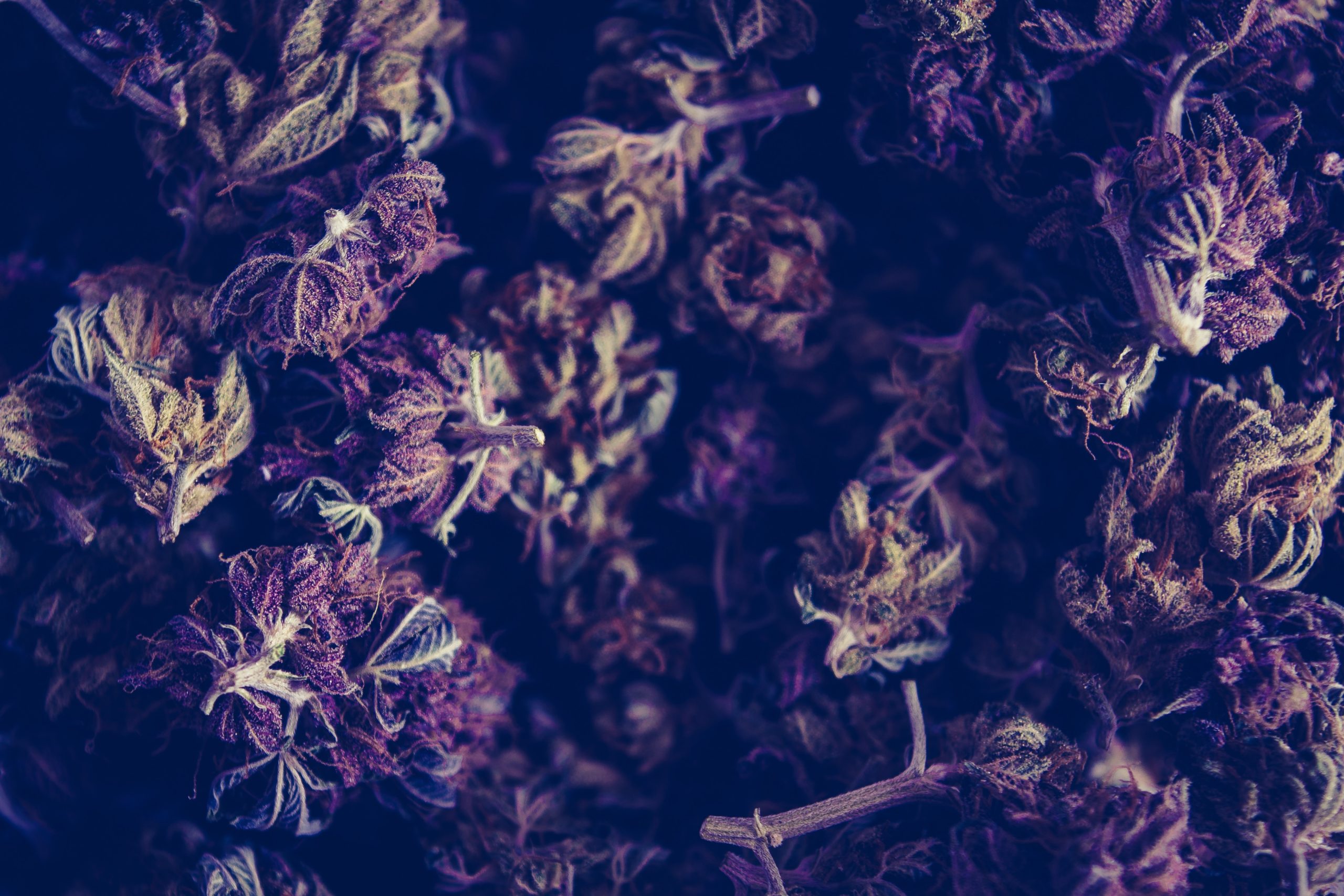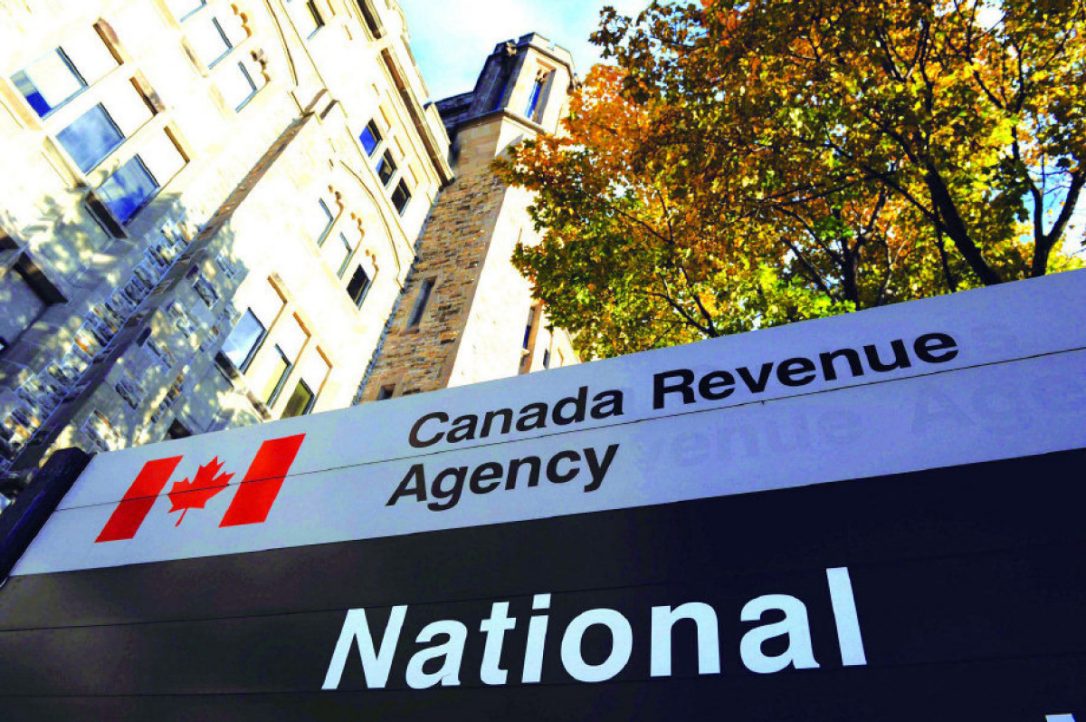Legalize and tax marijuana and the budget will balance itself. Marijuana advocates from stoners to recreational users to the Prime Minister have tried to convince us of this for years. It makes some sense that a product so commonly used should be regulated, not...
Taxation
Professionals, Farmers, Entrepreneurs, ARE ‘Paying Their Fair Share’
The federal government is determined to eliminate any real or perceived income tax bias or benefit that people who incorporate receive versus those who file tax returns as individuals, usually as employees. The assertion is that these incorporated people are getting...
The Value of Tax Exemptions On First Nations Reserves
All Canadian provinces face mounting health expenditures, owing in part to smoking. Yet, tobacco products sold on First Nations reserves is not subject to taxes, unlike off-reserve sales. Even though exemptions are not enshrined in the Indian Act, the constitution, or...
Red Tape: Canada’s Hidden Tax (PowerPoint Slides)
Power Point presentation from Red Tape: Canada's Hidden Tax. A Breakfast on the Frontier event held in Winnipeg on January 20, 2015 with Elliot Sims. Listen to his speech here: http://archive.fcpp.org/posts/red-tape-canadas-hidden-tax-speech View the...
Featured News
Cities Have to Expand for House Prices to Fall
The cost of actually building a house does not vary that much across Canada The Ford government’s plan to expand the land supply available for housing has evoked the usual dog whistles about “urban sprawl” by interests apparently unaware of the strong...
How We Teach Reading Really Does Matter
Reading is the most important skill taught in school. If students don’t learn how to read, not much else that happens there is going to matter. That’s because being able to read is important in virtually every job. Without the ability to read, life itself will be a...
Horwath’s High-Income Tax Proposal doesn’t add up
Ontario NDP Leader Andrea Horwath proposes an income tax increase for those who make more than $500,000 a year. These people, she says, aren’t paying their fair share. That’s a bit of a stretch.
Canada Beats America: And we don’t mean in hockey. Try taxes, spending and energy.
Not too many years ago, Americans could get away with cracking jokes about spendthrift Canada, its weak dollar and the long wait for MRIs. These days, the joke is on Americans, as Canada’s government has cleaned up its fiscal mess and focused on private economic growth.
Saskatchewan Budget 2012: The Good, the Bad, and the Neutral
Saskatchewan is in an enviable fiscal position. The government has now delivered a balanced budget with significant spending growth. While imperfect, it should help nudge the province in the right direction.
What the Federal Budget Means for the West
The federal budget failed to reign in spending, but did contain a number of policy shifts that will help the three westernmost provinces. Changes to E.I., immigration, and resource regulations will be particularly beneficial.
Incredible Shrinking Government’ Message More Important than Ever
Headlines inform but don’t necessarily reveal. Time reveals. Based on headlines alone, most people would probably assume that Canada has a bigger federal government than it had 50 years ago. But we don’t – not, at any rate, in relative terms.
The Drummond Effect is Felt Across the Land
B.C. Finance Minister Kevin Falcon said Mr. Drummond’s forensic audit of the province’s financial problems, and the tough prescriptions for recovery that flowed from it, convinced him that the tough, restraint-minded budget he was planning to bring in was the right one for the times.
Washington’s Knack for Picking Losers: Former Obama adviser Larry Summers warned the administration against federal loan guarantees to Solyndra, writing in a 2009 email that ‘the government is a crappy venture capitalist.’
Like the mythical monster Hydra—who grew two heads every time Hercules cut one off—President Obama, in both his State of the Union address and his new budget, has defiantly doubled down on his brand of industrial policy, the usually ill-advised attempt by governments to promote particular industries, companies and technologies at the expense of broad, evenhanded competition.
Economists Promote GST on Food, Other Exempted Items
The two economists — Michael Smart of the University of Toronto and Jack Mintz, head of the School of Public Policy at the University of Calgary — say the way Canadian governments collect sales taxes is among the most inefficient in the advanced world.
A Taxing Dilemma: What’s the Optimal Rate for the Rich?
In 1980, the top 1 per cent of income earners in the United States paid income taxes equal to 1.5 per cent of the country’s GDP. The top marginal tax rate was 70 per cent. Now the top 1 per cent pays income taxes equal to 3.3 per cent of GDP. The top marginal tax rate is 35 per cent. From a halving of the top tax rate, in other words, came a doubling of revenue.


